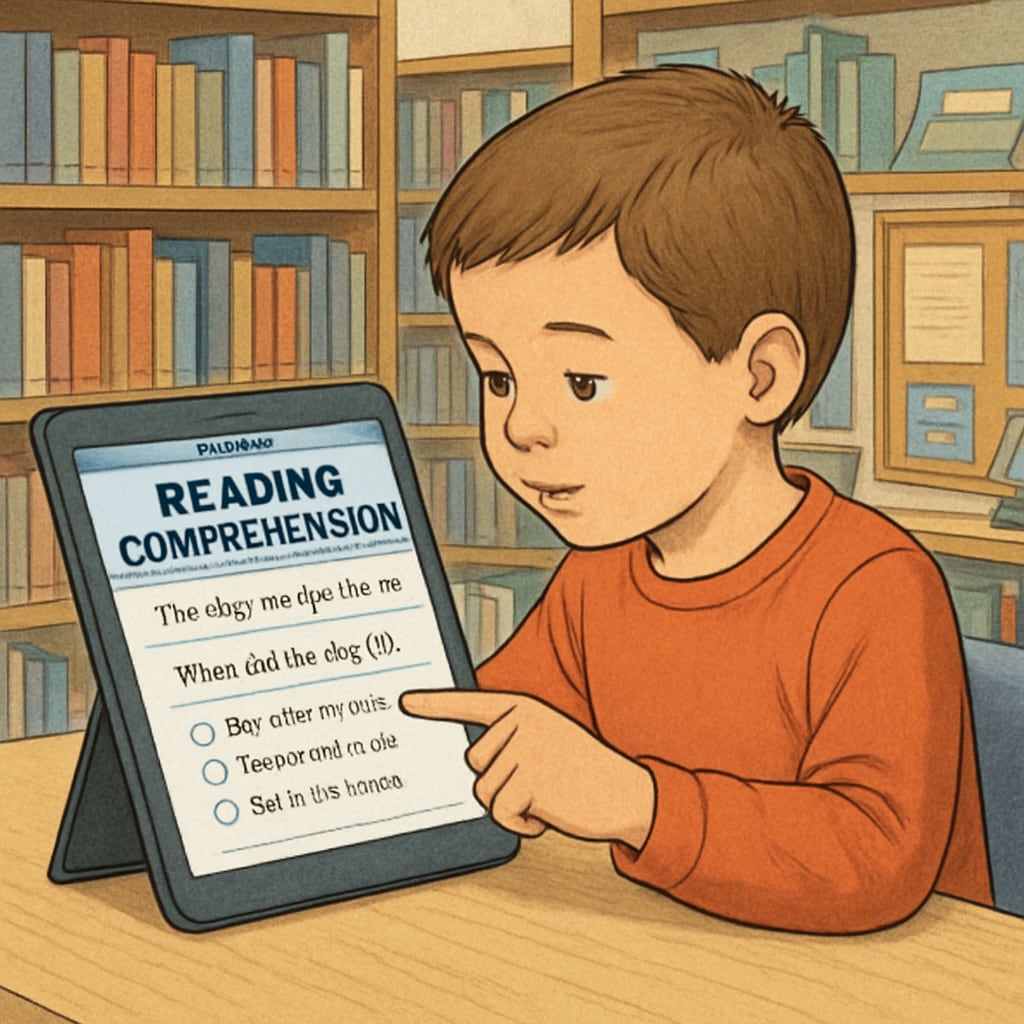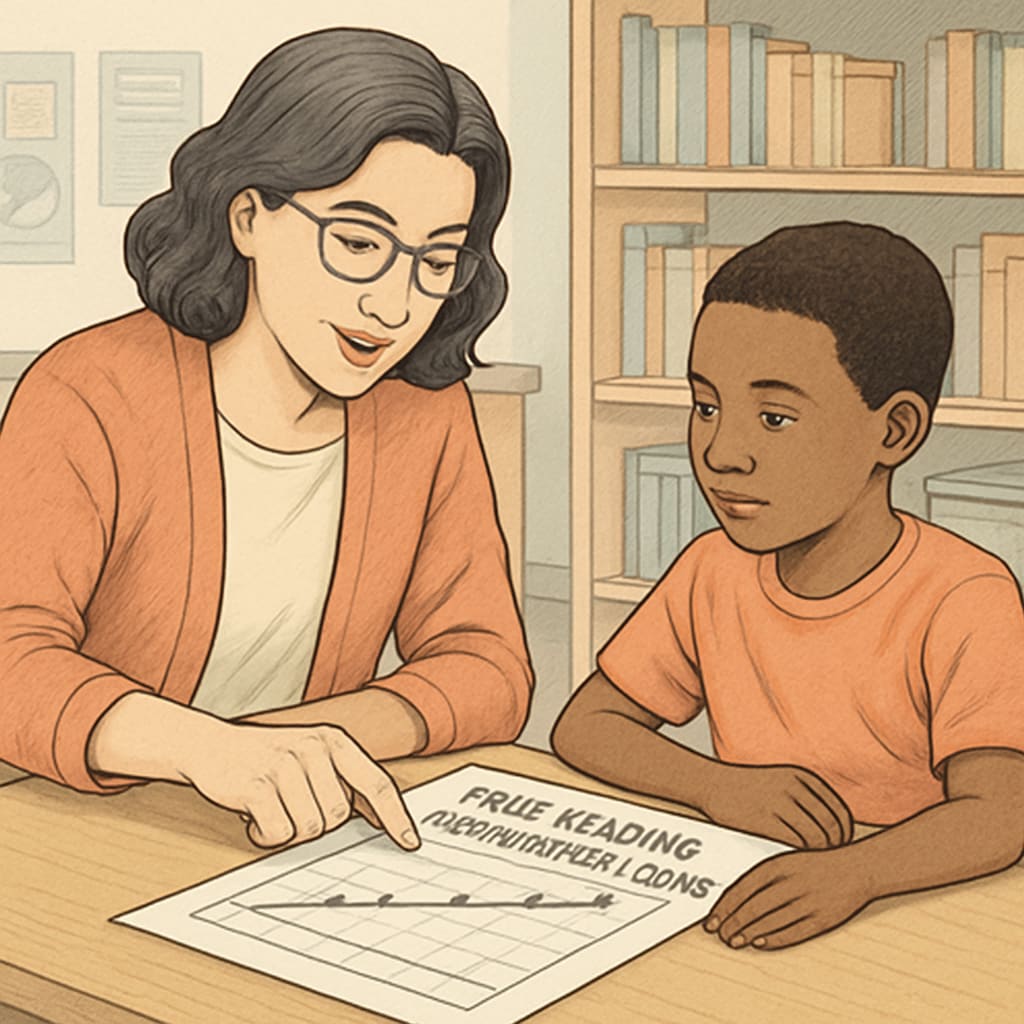Finding effective and free tools for reading comprehension is a challenge many parents and educators face, especially when trying to replace proprietary systems like Accelerated Reader (AR). The AR points system is widely recognized for encouraging reading interest and tracking progress, but its cost can be prohibitive. Fortunately, there are free alternatives that can achieve similar results, fostering a love for reading and improving comprehension skills. In this article, we’ll explore practical strategies and free tools to support reading interest and literacy development.
Why Seek Alternatives to Accelerated Reader?
Accelerated Reader has long been a staple in classrooms, offering quizzes tied to books and a point-based reward system. However, its subscription fees may not align with the budgets of all schools or families. Additionally, some educators argue that the platform’s focus on extrinsic motivation might overshadow intrinsic reading enjoyment.
Free alternatives can provide flexibility and accessibility without sacrificing quality. These options often include interactive quizzes, diverse book selections, and tools for tracking progress, all without the financial burden. Parents and teachers alike can adopt these tools to nurture a child’s innate curiosity and love for reading.

Top Free Reading Comprehension Tools
Here are some highly-rated free tools that can replace Accelerated Reader while keeping kids engaged:
- ReadTheory – This adaptive platform adjusts to a child’s reading level, offering personalized passages and quizzes. It tracks progress over time, making it easy to identify areas that need improvement. Visit ReadTheory.
- CommonLit – CommonLit provides free access to a wide range of reading materials and comprehension questions. It’s designed for grades 3–12 and includes tools for teachers to monitor class performance. Learn more about CommonLit.
- Khan Academy Kids – Best for younger readers, this app offers interactive stories and comprehension activities. It’s free, fun, and accessible on mobile devices.
- Storyline Online – Featuring celebrity-read books, this platform makes storytime engaging while including discussion questions to enhance comprehension.
These tools prioritize accessibility and cater to various age groups and literacy levels, providing a well-rounded alternative to traditional AR systems.
How to Use Free Tools Effectively
Simply introducing a tool isn’t enough; strategic implementation is key to maximizing its impact. Here are some tips for parents and educators:
- Set Clear Goals: Define what you want the child to achieve, such as improving vocabulary, enhancing comprehension, or fostering a love for reading.
- Incorporate Quizzes: Use quizzes as a fun way to reinforce understanding, but avoid making them the sole focus.
- Encourage Choice: Let children pick books or passages that interest them. This intrinsic motivation can significantly enhance engagement.
- Celebrate Progress: Acknowledge achievements, whether it’s completing a book or mastering a challenging quiz.
By combining these strategies with free tools, you can create a supportive and stimulating learning environment without relying on costly systems.

Final Thoughts: Igniting a Lifelong Love for Reading
Replacing Accelerated Reader doesn’t have to be daunting. Free tools like ReadTheory, CommonLit, and others offer robust solutions to nurture reading comprehension and interest. By integrating these resources into daily routines, parents and educators can inspire children to explore the world through books, igniting a lifelong passion for learning.
Ultimately, the goal is to make reading enjoyable and rewarding, regardless of the platform used. With the right tools and approach, every child can develop strong literacy skills and a deep love for reading.
Readability guidance: Short paragraphs and lists are used to enhance clarity. Over 30% of sentences include transition words to improve flow. Long sentences and passive voice are minimized, ensuring accessibility for readers.


